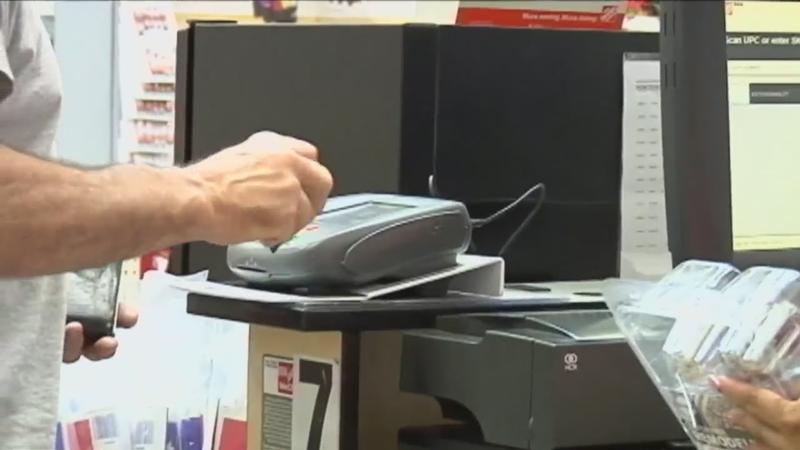Consumer Alert: College, cash and credit card debt. What every college student needs to know about credit card offers
ROCHESTER, N.Y. (WHEC) – Sixty-four percent. That’s the percentage of college students who have credit card debt. And that’s the topic of this consumer alert. This debt can add up quickly because the interest rates for young borrowers are really high. According to a study last year by College Finance, the top three spending categories for college students using credit cards are online shopping, dining, and gas.
Until recently, credit card issuers could be predatory, descending on college campuses like birds of prey, setting up tables in dorm lobbies and the student union, and dumping credit card offers in your bag at check-out when you buy your books. Want to know why? Those companies paid colleges for access to college students. The agreements were secret, and credit card companies offered gifts like t-shirts and swag enticing students to sign up for cards that often had very high interest and fees.
Finally, in 2009, Congress passed some regulations to try to protect students Credit card companies cannot offer you a gift to sign up for a credit card. Your university is supposed to publicly disclose any agreement with a credit card company. And any issuer that offers college students credit cards has to report it annually to the consumer financial protection bureau.
Here’s why that’s so important. According to College Finance, college students accumulate on average about $3,280 in credit card debt. And because students have limited income, they usually pay the minimum.
So I found a handy credit card debt calculator on wallet hub. For example, if you paid a minimum of three percent on that debt, that’s 98 dollars a month. It would take five years and four months to pay off that debt. And your interest is almost as much as the debt itself, $2,958.

But if you want to try to build your credit while in college, there are some good options. Consider a secured credit card. You put money on the card and you can’t overspend, but your on-time payments help build your credit history. There are also student credit cards with low limits to keep you out of trouble. Click here for additional suggestions to build credit in college.
Also, CNBC has a great guide to help students build a budget. Click here for that. It’s a great opportunity for parents to talk to their college student while reviewing the guide.